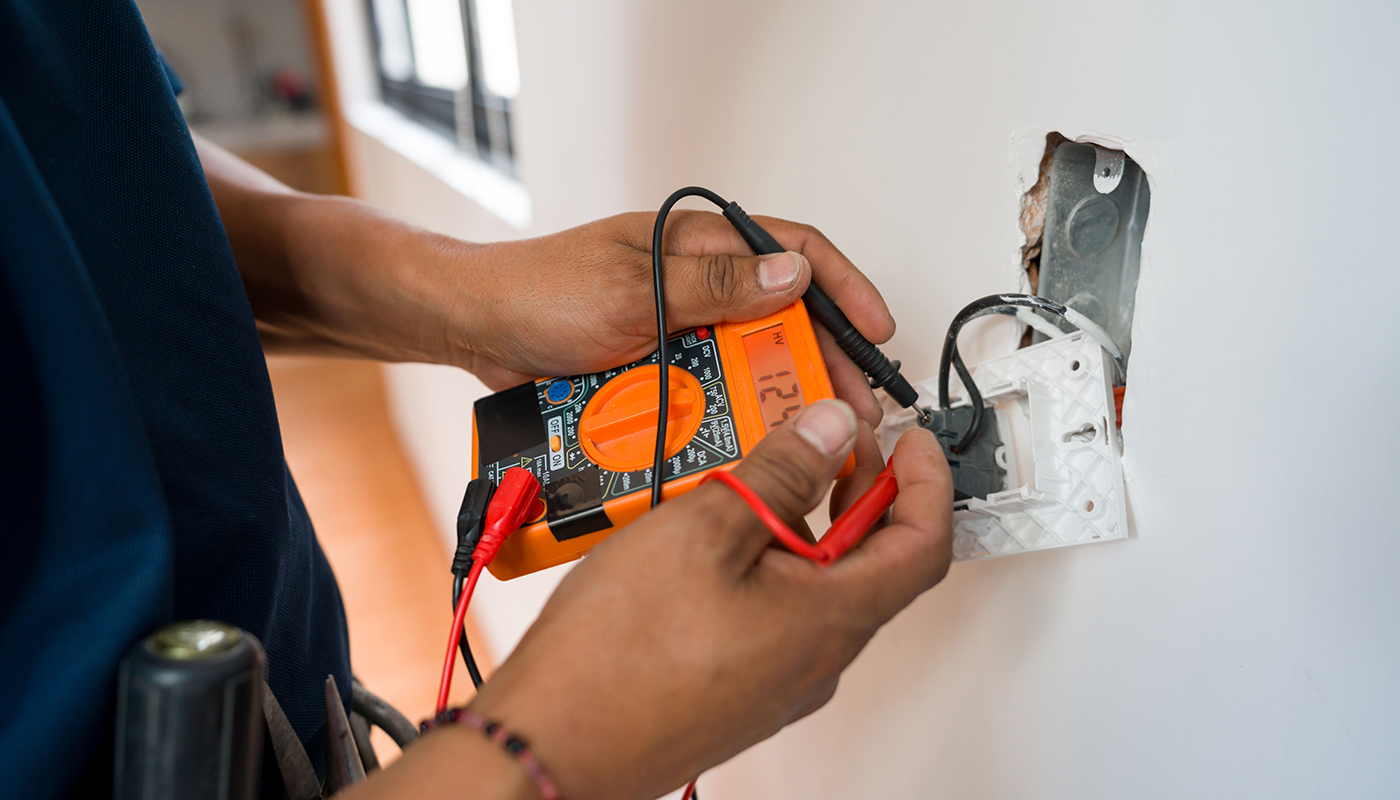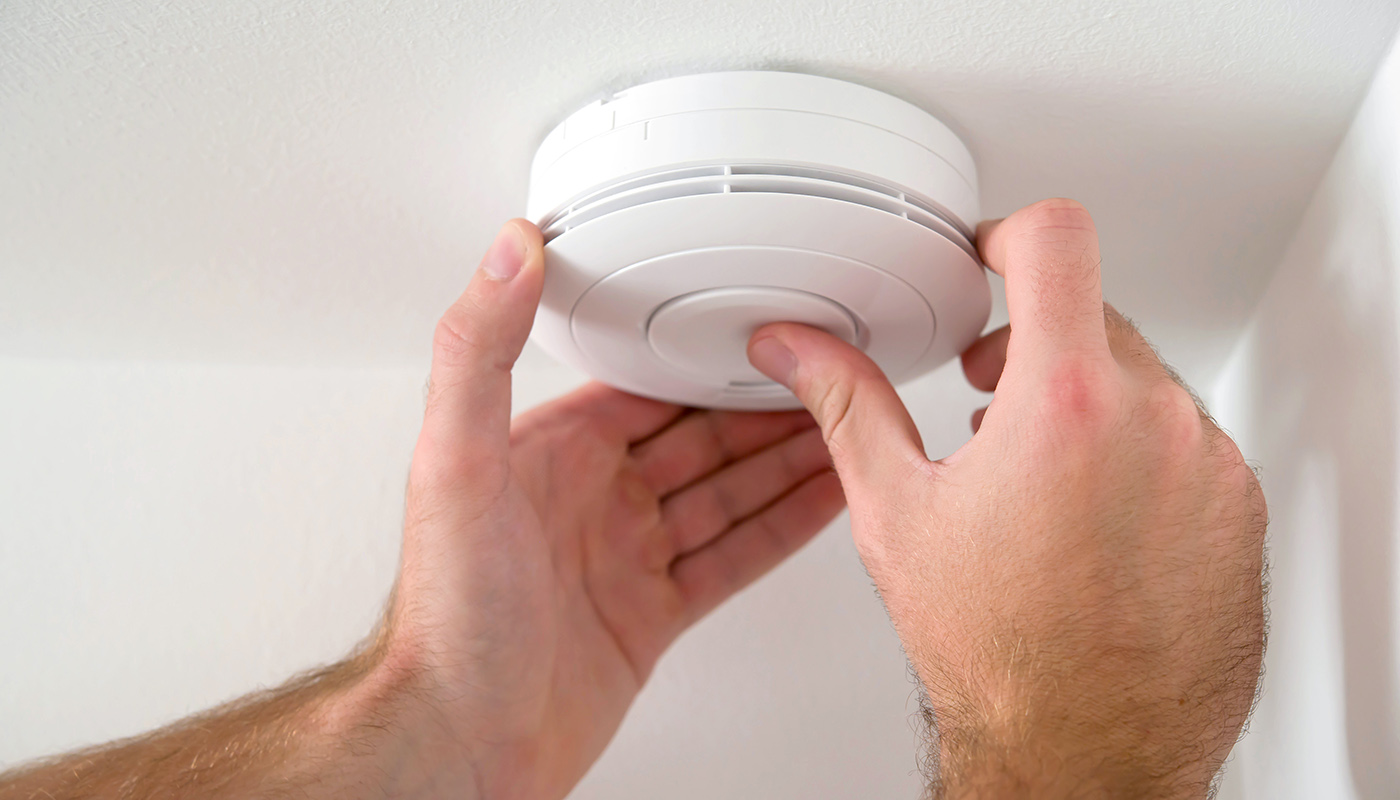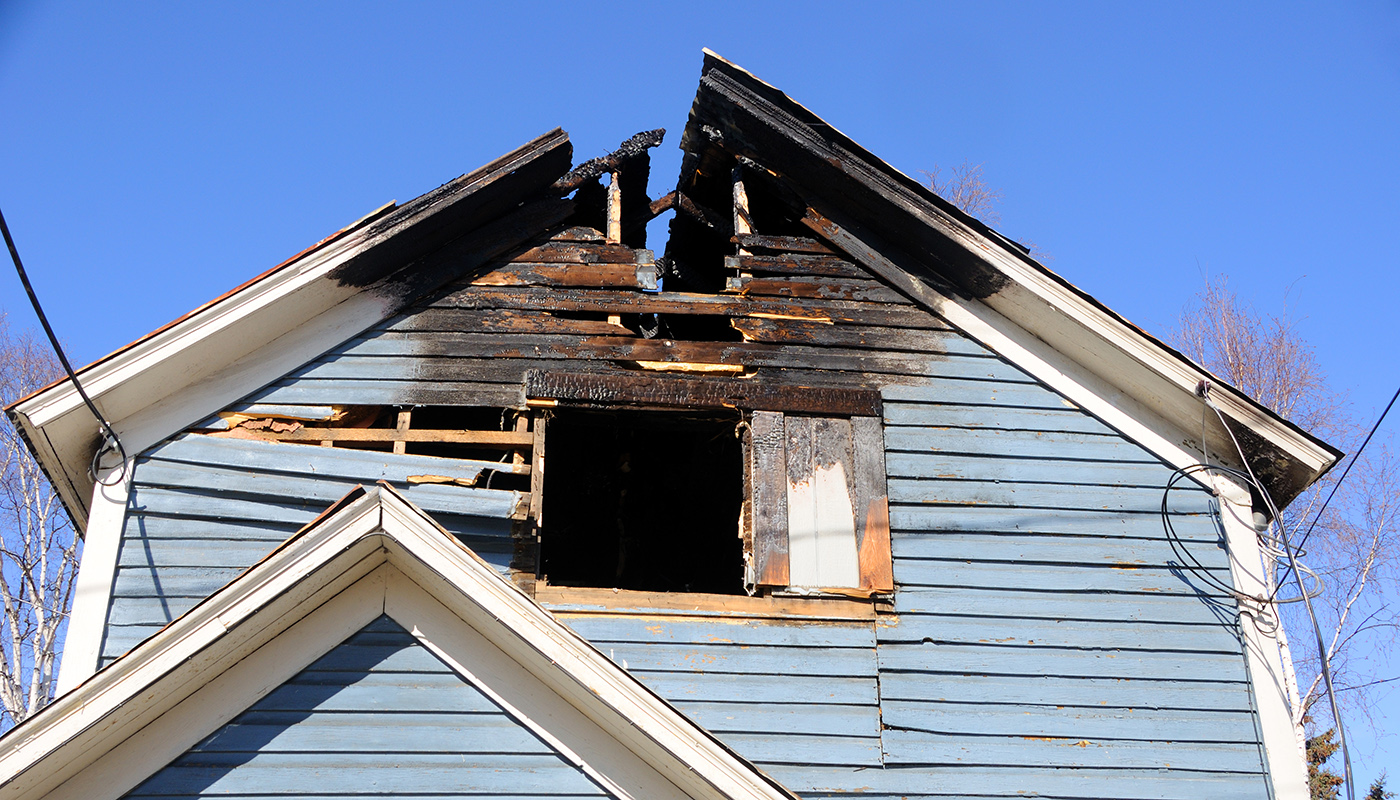Fire Safety Month: Fire Prevention Tips and More
Learn common causes of house fires and ways to prevent them.
 iStock
iStock
October is a month to focus on fire safety, as the National Fire Protection Association (NFPA) has deemed Oct. 8-14th of 2023 Fire Prevention Week™. It’s an observance that hits home for Darlene and Raymond Falkner (late AAA Members). They credit AAA and their insurance coverage with helping them get through the ordeal of their lives on a bitterly cold night eight years ago when a chimney fire destroyed the farmhouse that had been their home for more than 60 years.
From short-term hotel accommodations and $2,000 in emergency funds to arranging a long-term hotel stay while AAA oversaw the reconstruction of their home, AAA guided the Falkners every step of the way. Darlene recalls, “It [was] a great feeling to be home, making new memories, thanks to the dedication of the team at AAA.”
Why do we have Fire Safety Month?
The NFPA created Fire Prevention Week in commemoration of the Great Chicago Fire of 1871. That horrific conflagration set a grisly standard for fire deaths and destruction; it killed more than 250 people, left 100,000 homeless, destroyed more than 17,400 structures and burned more than 2,000 acres.
Fire Prevention Week began in 1922. Three years later, President Calvin Coolidge gave the seven-day period national status, making it the nation’s longest-running public health observance, spreading the word—among groups ranging from schoolchildren to older adults—about staying safe in the event of a fire, and, better yet, about preventing fires altogether, which is the aim of fire departments big and small. How important is prevention? Mere seconds can mean the difference between a safe escape and a tragedy.
Know these fire prevention and fire safety tips.
If you know the common causes of fire, you can prevent them.
According to the NFPA, the leading causes of house fires include cooking, heating and electrical wiring. This means that no area of your house should go unchecked, but you should begin with your kitchen.
 iStock
iStock
Keep your kitchen safe.
To tackle the No. 1 cause of house fires, 2023’s Fire Prevention Week™ campaign, “Cooking safety starts with YOU. Pay attention to fire prevention,” highlights some simple but important actions you can take to stay safe when cooking.
Protect your family with these simple but effective tips from the NFPA. Be sure to share them with friends, neighbors, co-workers and anyone else who should be in the know:
- Never leave a hot stove unattended.
- Turn pot handles toward the back of the stove.
- Always keep a large lid handy when you’re cooking; if a small grease fire starts, you can slide the lid over the pan and turn off the burner, quickly extinguishing the fire by starving it of oxygen. It’s also a good idea to keep a fire extinguisher in a handy spot either in or near the kitchen.
- Watch what you heat; set a timer to remind yourself that there’s something on the stove or in the oven.
- Establish and enforce a kid-free zone of at least 3 feet around a working stove and in areas where hot food or beverages are prepared or carried.
Stay watchful this winter.
The NFPA reports that heating equipment is the leading cause of home fire deaths. But, you can decrease the likelihood of an incident with their tips for staying safe and warm:
- Schedule annual inspections of heating appliances and chimneys to check for any hazards or malfunctions.
- Refrain from storing any flammable objects within 3 feet of a heating source.
- Turn off and unplug portable heaters before you fall asleep.
- Test the batteries for each of your smoke alarms at least once a month.
 iStock
iStock
Mind your electricity.
As frequently as we use it, electricity rarely phases us when we consider safety concerns. However, because electrical wiring is a common cause of house fires, these NFPA tips should be followed closely:
- Don’t use extension cords with major appliances such as refrigerators and washing machines; instead, plug them directly into a wall outlet.
- Manage heat-producing appliances responsibly, only plugging a single appliance into an outlet at any time.
- Check the wattage of your lightbulbs as you install new ones, and be sure to replace old bulbs with new ones of the appropriate wattage.
- Call a trained professional for all your electrical needs; don’t take the risk of doing the work yourself.
Are you storing trouble in your garage? Minimize your risk of a fire.
Learn More >> iStock
iStock
Install smoke alarms, fire extinguishers and more.
Be sure your home is up to code with functioning smoke alarms throughout, especially in all sleeping areas. It’s also smart to invest in a few fire extinguishers and place them in strategic spots (how many you need depends on the size of your house), as well as carbon monoxide detectors. Replace the batteries or your alarms at least once a year.
Create a fire escape plan.
Create a home fire escape plan with your family and hold fire drills to be sure you’re prepared if a blaze breaks out.
Designate a meeting place outside and a safe distance away from your house—such as a large tree—where everyone in your household should gather after evacuating the home. Practice home fire drills every few months so everyone knows what to do and where to go, even late at night and in all kinds of weather.
 iStock
iStock
Protect your home with home insurance.
Homeowners insurance typically helps cover your home and belongings. Most policies include coverage that may help pay to repair or replace your home and its contents if they are damaged by fire. Depending on the policy language, you may also be covered for your personal belongings if they’re damaged or destroyed by fire. Buy the best coverage you can afford.
AAA’s insurance experts can lead you through the process and answer any questions you may have—even involving existing coverage through another company.